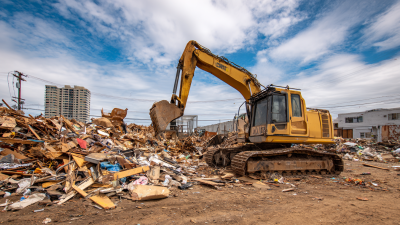How to Effectively Manage Construction Rubbish Disposal for Your Projects
Effective management of Construction Rubbish Disposal is becoming increasingly critical in the construction industry, as recent studies show that construction and demolition debris accounts for approximately 25% to 30% of the total solid waste generated in many regions. According to the Environmental Protection Agency (EPA), around 600 million tons of construction debris are disposed of in the U.S. each year, which highlights the urgent need for improved disposal strategies. Not only does responsible waste management streamline project timelines and reduce costs, but it also contributes to sustainability goals by promoting recycling and reuse of materials.
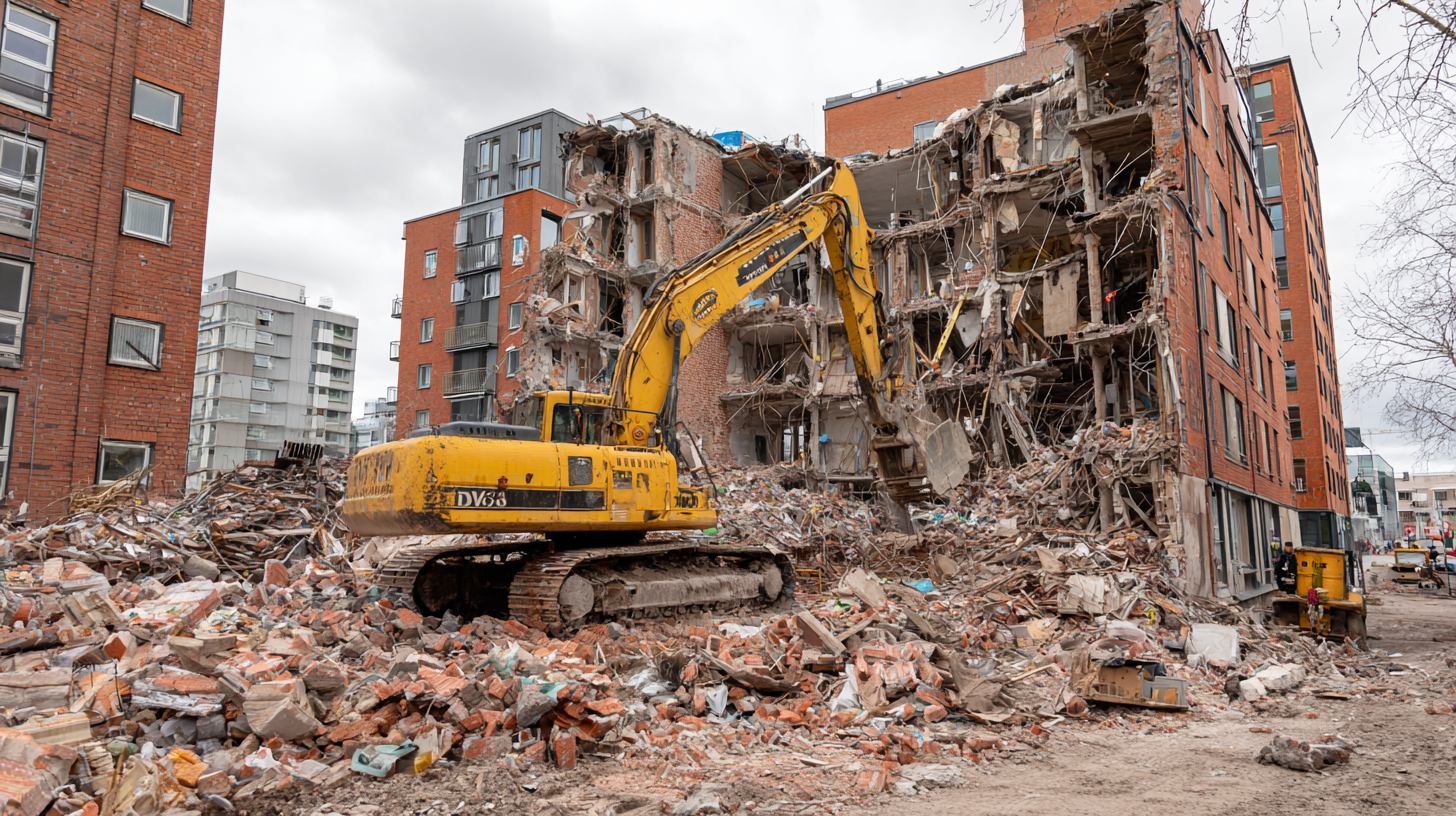
Implementing effective disposal practices can significantly mitigate environmental impacts, as improper waste management can lead to pollution and health hazards. Thus, this article aims to provide actionable insights into managing construction rubbish disposal efficiently, ensuring compliance with regulations and fostering a cleaner, greener future for the industry.
Understanding the Importance of Construction Rubbish Management
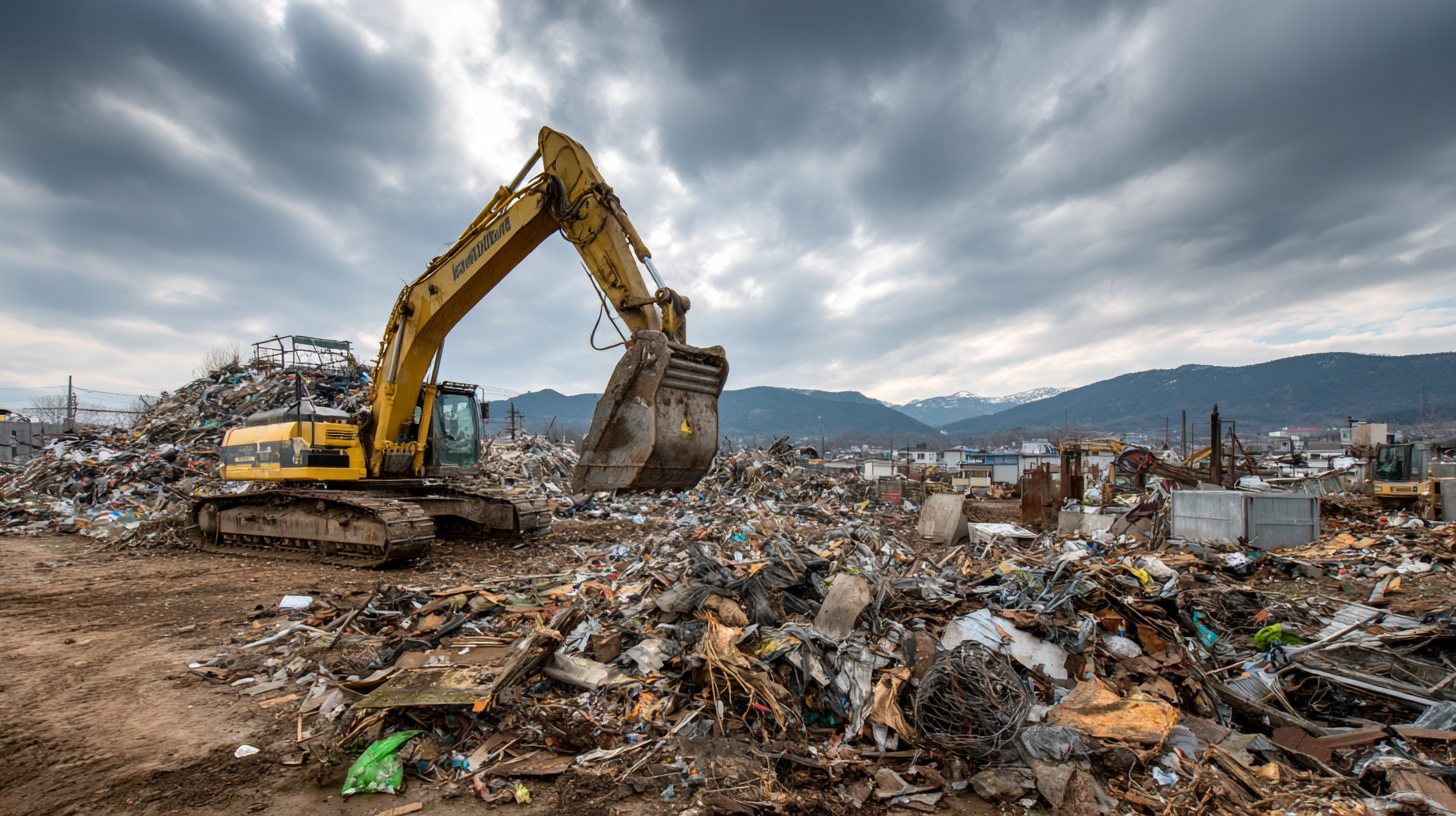 Proper management of construction rubbish is crucial for ensuring both environmental sustainability and project efficiency. Construction sites often generate a significant amount of waste, including materials like wood, metal, and concrete, which can impact local ecosystems if not handled correctly. By understanding the importance of construction rubbish management, project managers can mitigate risks associated with pollution and waste management costs, while also adhering to regulatory requirements.
Proper management of construction rubbish is crucial for ensuring both environmental sustainability and project efficiency. Construction sites often generate a significant amount of waste, including materials like wood, metal, and concrete, which can impact local ecosystems if not handled correctly. By understanding the importance of construction rubbish management, project managers can mitigate risks associated with pollution and waste management costs, while also adhering to regulatory requirements.
Implementing effective rubbish management strategies not only promotes a cleaner worksite but also fosters a culture of responsibility among workers. This includes establishing a clear waste segregation system, where recyclable materials are separated from general waste, and encouraging the reuse of materials whenever possible. Additionally, partnering with reliable waste disposal services can ensure that rubbish is processed in an environmentally friendly manner. By prioritizing construction rubbish management, companies can enhance their reputation, lower disposal costs, and contribute to a more sustainable construction industry.
Creating a Comprehensive Waste Disposal Plan for Your Projects
Creating a comprehensive waste disposal plan is crucial for the effective management of construction rubbish. A well-structured plan should encompass various elements including waste segregation, recycling initiatives, and partnerships with local waste management services. This approach not only minimizes environmental impact but also enhances compliance with local regulations. As highlighted by recent initiatives like the Integrated Solid Waste Management project in Bihar, collaboration between public and private sectors can significantly improve waste management systems.
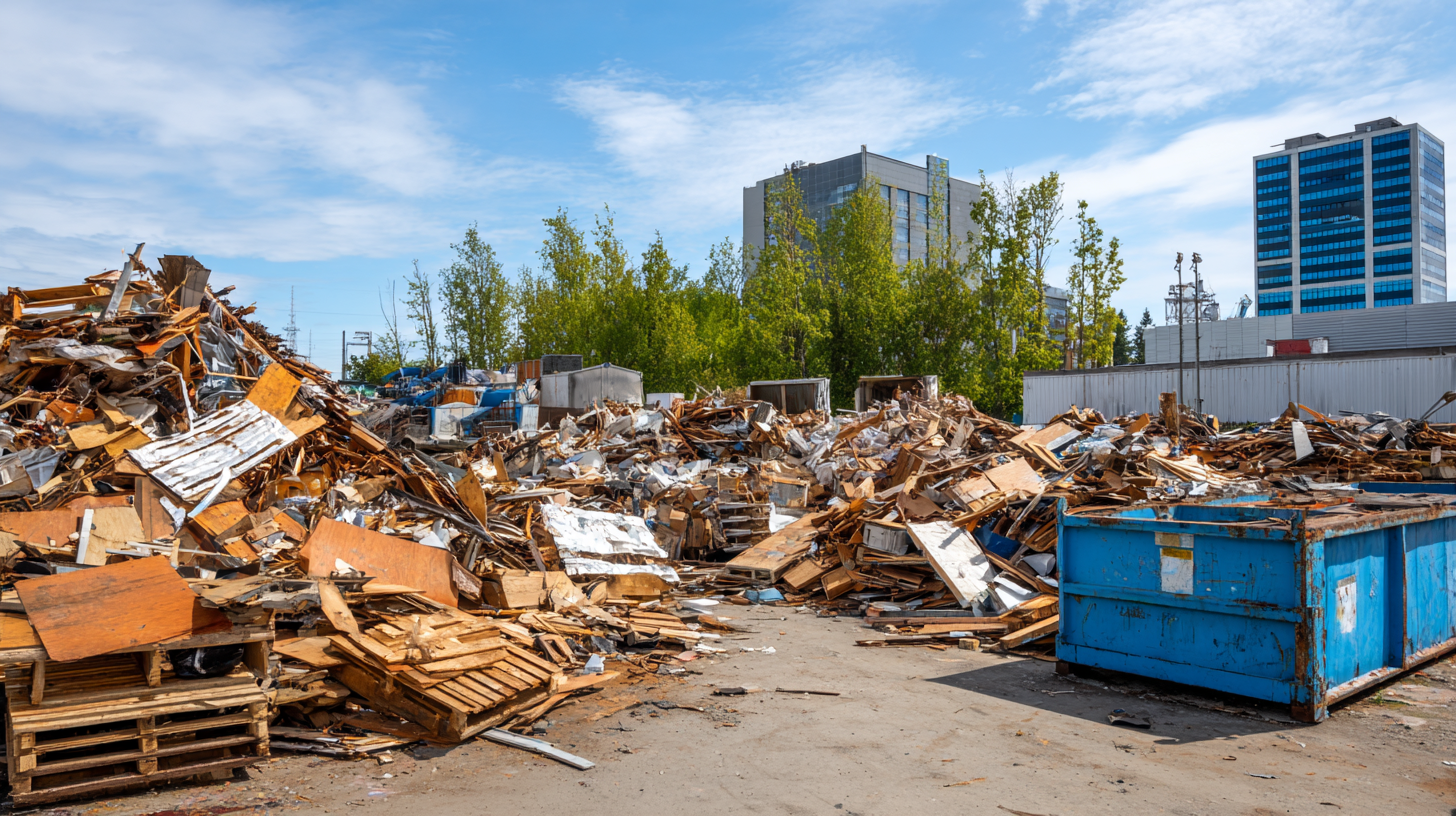
Incorporating educational programs focused on waste management practices is essential for fostering sustainability within construction projects. By training workers and creating awareness about the importance of responsible disposal and recycling, projects can significantly reduce the amount of waste sent to landfills. Furthermore, utilizing data-driven strategies helps to tailor waste management solutions to specific project needs, ensuring that disposal methods are both efficient and compliant with local policies. By focusing on these comprehensive strategies, project managers can effectively navigate the complexities of construction waste disposal.
Choosing Appropriate Rubbish Disposal Methods and Solutions
Effective rubbish disposal is critical in construction projects to minimize environmental impact and comply with regulations. With the U.S. non-hazardous industrial waste market projected to be worth $194.09 billion by 2025 and reaching $307.23 billion by 2032, there is a significant emphasis on adopting suitable disposal methods. The growing focus on sustainability calls for innovative solutions in managing construction waste, particularly in selecting appropriate disposal techniques.
Choosing the right rubbish disposal methods involves several considerations. Implementation of recycling practices, utilizing eco-friendly materials, and engaging specialized waste management companies are essential steps. Additionally, exploring circular supply chains can help in transforming waste into valuable resources, thereby reducing landfill dependence. According to recent reports, only about 10% of plastic waste is currently recycled, highlighting the need for better strategies in waste disposal.
**Tips for Effective Rubbish Disposal:**
1. Educate your team on proper waste segregation to enhance recycling efforts.
2. Research and partner with local waste management services that prioritize environmentally friendly methods.
3. Consider innovative technologies, such as molecular identification for plastics, to improve recycling rates and reduce contamination in waste streams.
Implementing Recycling and Reuse Strategies in Construction
In recent years, the construction industry has increasingly recognized the importance of implementing recycling and reuse strategies to manage construction rubbish effectively. According to the Environmental Protection Agency (EPA), construction and demolition activities accounted for approximately 25-30% of total municipal waste in the United States. By adopting recycling methods, contractors can divert significant amounts of waste from landfills, thereby not only minimizing environmental impact but also potentially reducing disposal costs.
One effective strategy involves the segregation of recyclable materials on-site, such as concrete, wood, metals, and drywall. A study by the National Institute of Building Sciences noted that implementing such practices could lead to a recycling rate of up to 90% for certain materials. Furthermore, reusing materials like bricks or fixtures from deconstructed buildings can drastically decrease the demand for new resources and lower overall project costs. A report from the Waste & Resources Action Programme (WRAP) indicates that reusing materials can save up to 30% on material costs, providing both ecological and economic benefits to construction projects.
Construction Rubbish Disposal Management: Recycling vs. Landfill
This chart illustrates the percentage of construction waste managed through recycling versus landfill in a typical project. The data reflects growing emphasis on sustainability in the construction industry.
Monitoring and Evaluating Waste Management Practices for Efficiency
Monitoring and evaluating waste management practices are crucial for enhancing the efficiency of construction rubbish disposal. According to the Environmental Protection Agency (EPA), construction and demolition (C&D) activities account for nearly 25% of the total waste generated in the United States. By implementing systematic monitoring processes, construction managers can identify waste generation trends and adjust their disposal strategies accordingly to minimize environmental impact. Real-time data collection using digital tools can facilitate prompt decisions, allowing for a more adaptive waste management approach.
Furthermore, industry reports indicate that effective waste management practices can lead to significant cost savings. A study by the Waste Management Association found that construction companies that actively manage their waste can reduce disposal costs by up to 30%. Regular evaluations of waste management processes, including waste sorting and recycling efforts, can highlight areas for improvement and innovation. Emphasizing efficiency not only promotes sustainability but also increases the overall profitability of construction projects, positioning companies favorably in a competitive market where environmental responsibility is increasingly prioritized.
How to Effectively Manage Construction Rubbish Disposal for Your Projects - Monitoring and Evaluating Waste Management Practices for Efficiency
| Project Name |
Waste Type |
Total Volume (m³) |
Recycled (%) |
Disposal Method |
| Project Alpha |
Concrete |
150 |
60 |
Recycling Center |
| Project Beta |
Wood |
80 |
70 |
Incineration |
| Project Gamma |
Metal |
50 |
80 |
Recycling Facility |
| Project Delta |
Gypsum |
100 |
50 |
Landfill |
| Project Epsilon |
Plastic |
30 |
90 |
Material Recovery Facility |

Home
About Us
Products
 Concrete Mixing Plant
Concrete Mixing Plant
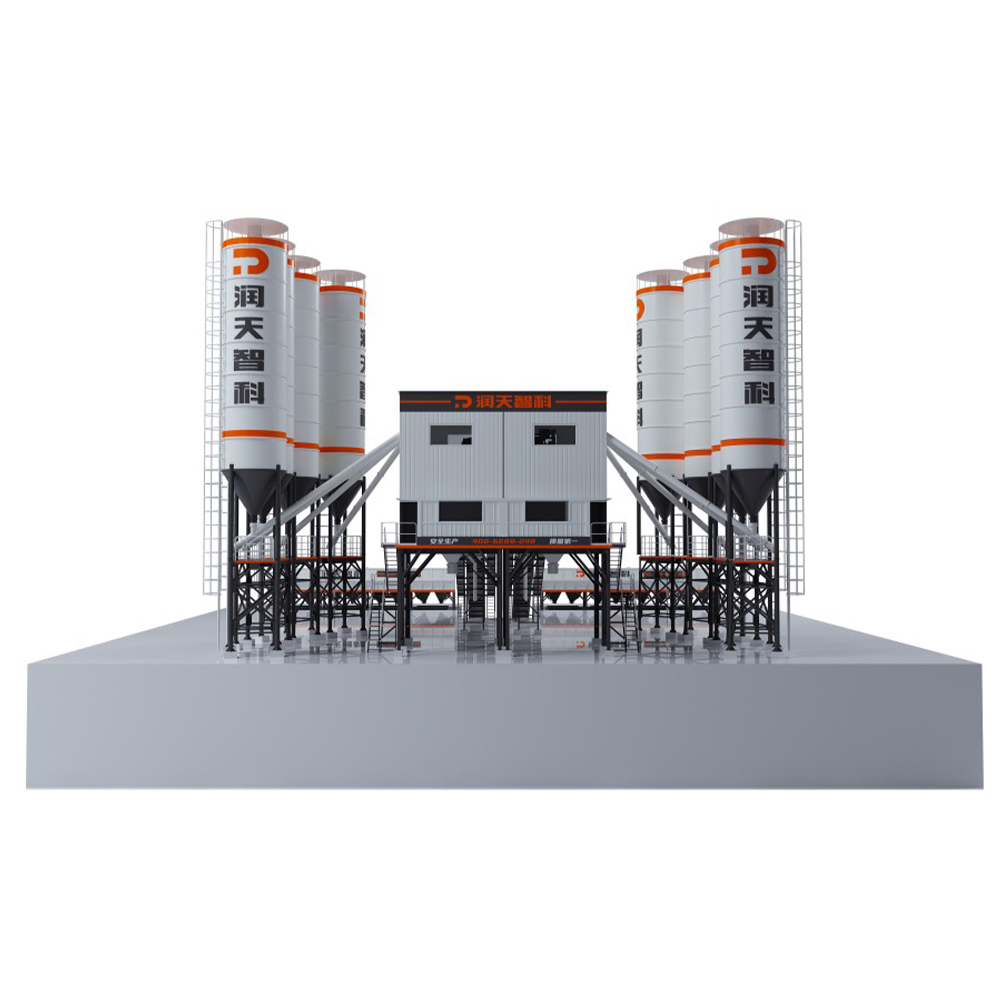 HZS Series Belt Concrete Mixing Plant
HZS Series Belt Concrete Mixing Plant
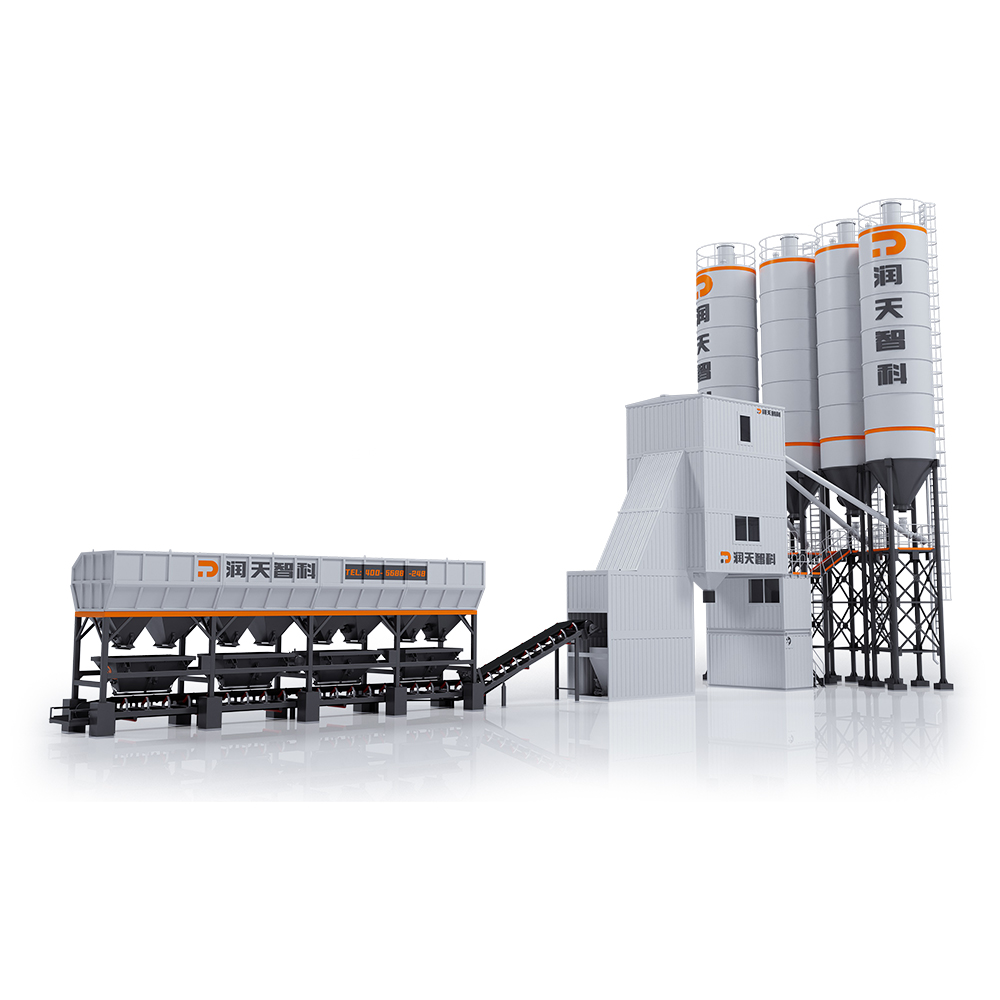 HZS Series Bucket-Lifting Type Container Concrete Mixing Plant
HZS Series Bucket-Lifting Type Container Concrete Mixing Plant
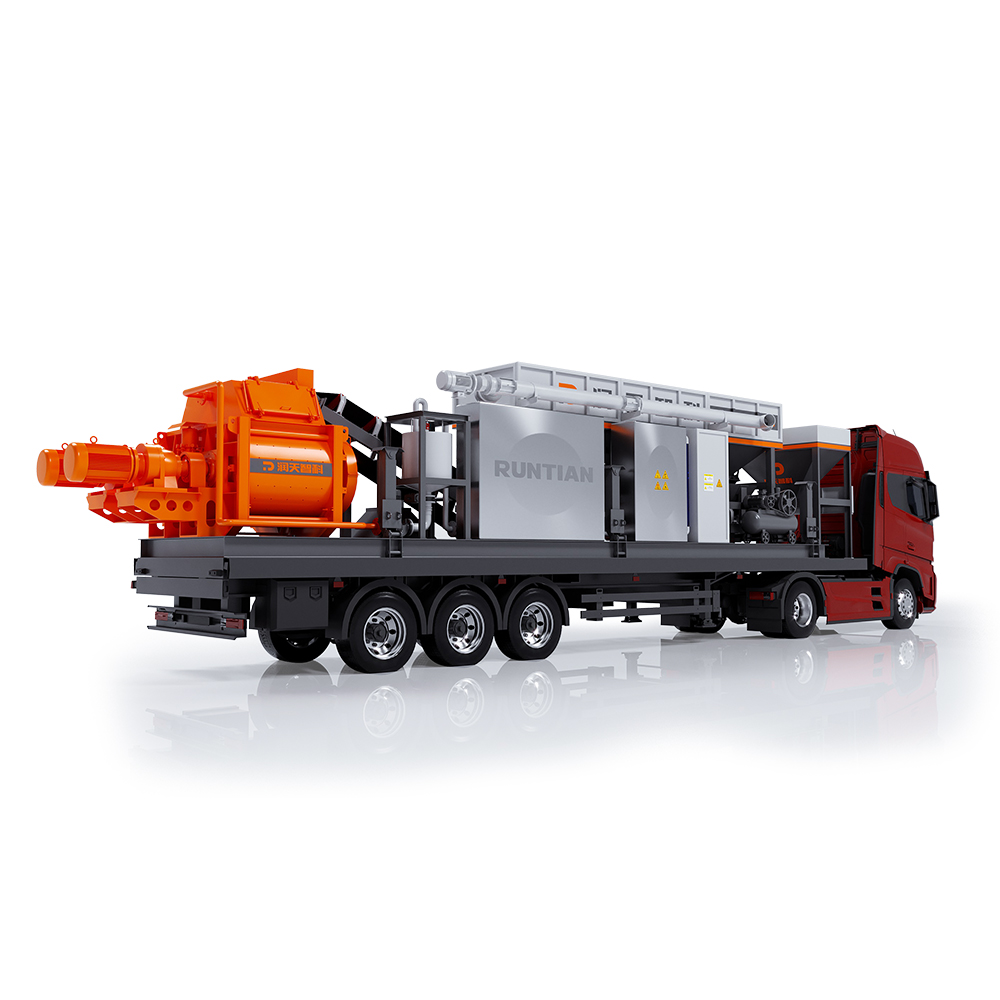 HZS60 Mobile Concrete Mixing Plant
HZS60 Mobile Concrete Mixing Plant
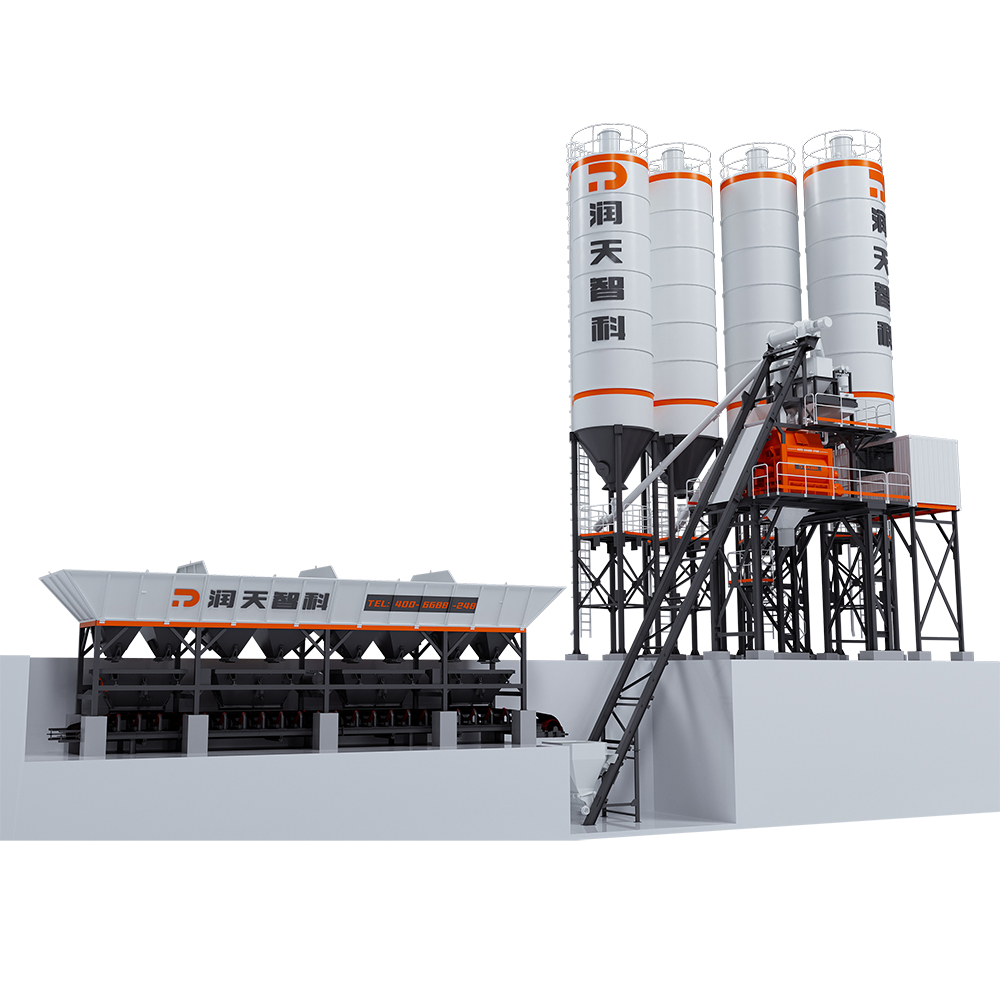 HZS Series Bucket-Lifting Type Concrete Mixing Plant
HZS Series Bucket-Lifting Type Concrete Mixing Plant
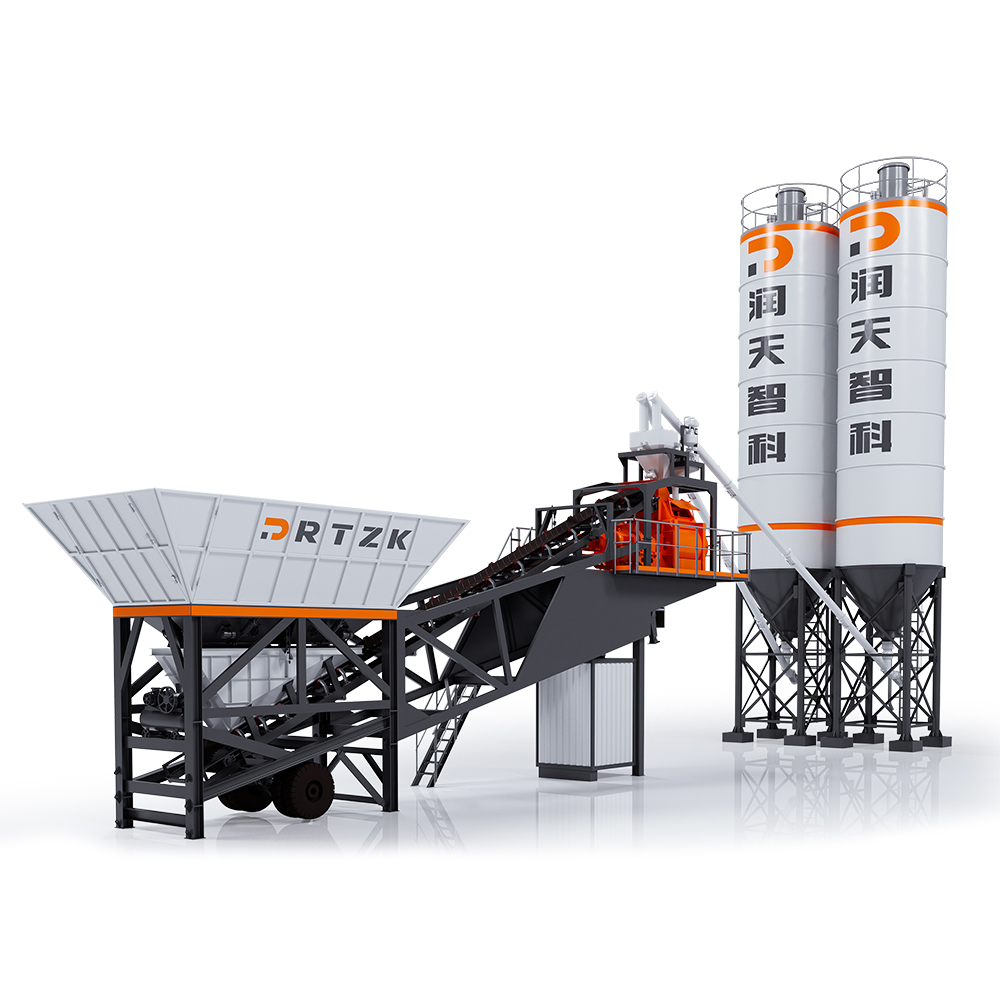 HZS Series Mobile Concrete Mixing Plant
HZS Series Mobile Concrete Mixing Plant
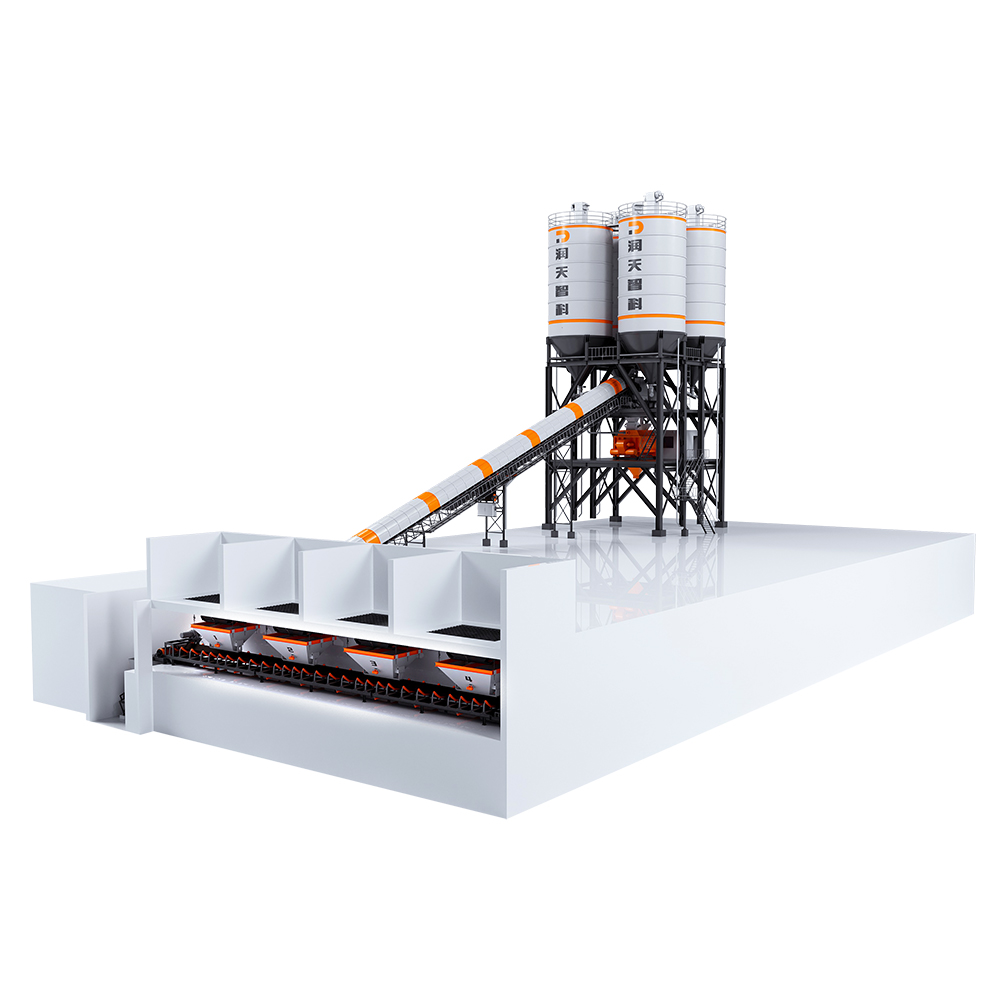 HZS Series Top-Mounted Concrete Mixing plant
HZS Series Top-Mounted Concrete Mixing plant
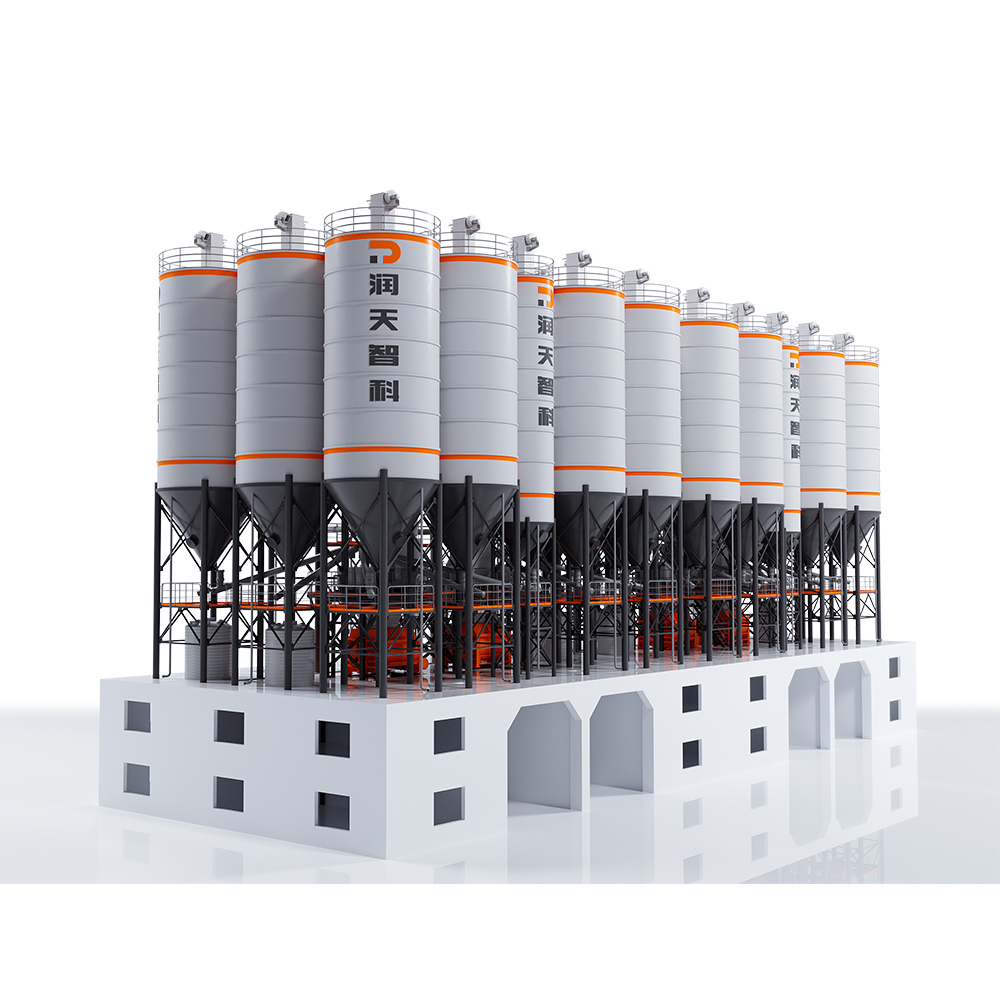 HZS Series Semi-Top Mounted Concrete Mixing Plant
HZS Series Semi-Top Mounted Concrete Mixing Plant
 Stabilized Soil Mixing Plant
Stabilized Soil Mixing Plant
 Asphalt Mixing Plant
Asphalt Mixing Plant
 Sand & Gravel Crushing and Screening Plant
Sand & Gravel Crushing and Screening Plant
 RTPF350DS Crawler Mobile Impact Crushing Plant
RTPF350DS Crawler Mobile Impact Crushing Plant
 RT116JH Crawler Mobile Jaw Crushing Plant
RT116JH Crawler Mobile Jaw Crushing Plant
 RT116JE Crawler Mobile Jaw Crushing Plant
RT116JE Crawler Mobile Jaw Crushing Plant
 RT300CE Crawler Mobile Cone Crushing Plant
RT300CE Crawler Mobile Cone Crushing Plant
 RT300CH Crawler Mobile Cone Crushing Plant
RT300CH Crawler Mobile Cone Crushing Plant
 RT5015H Mobile Scalping Screen
RT5015H Mobile Scalping Screen
 RT315VSIE Crawler Mobile Sand Maker
RT315VSIE Crawler Mobile Sand Maker
 RT3YK6020 Crawler Mobile Screening Plant
RT3YK6020 Crawler Mobile Screening Plant
 RT3YK6020M Modular Screening Plant
RT3YK6020M Modular Screening Plant
 RTF260M Modular Counterattack Crushing and Screening Integrated Machine
RTF260M Modular Counterattack Crushing and Screening Integrated Machine
 RTF350M Modular Impact Crushing Plant
RTF350M Modular Impact Crushing Plant
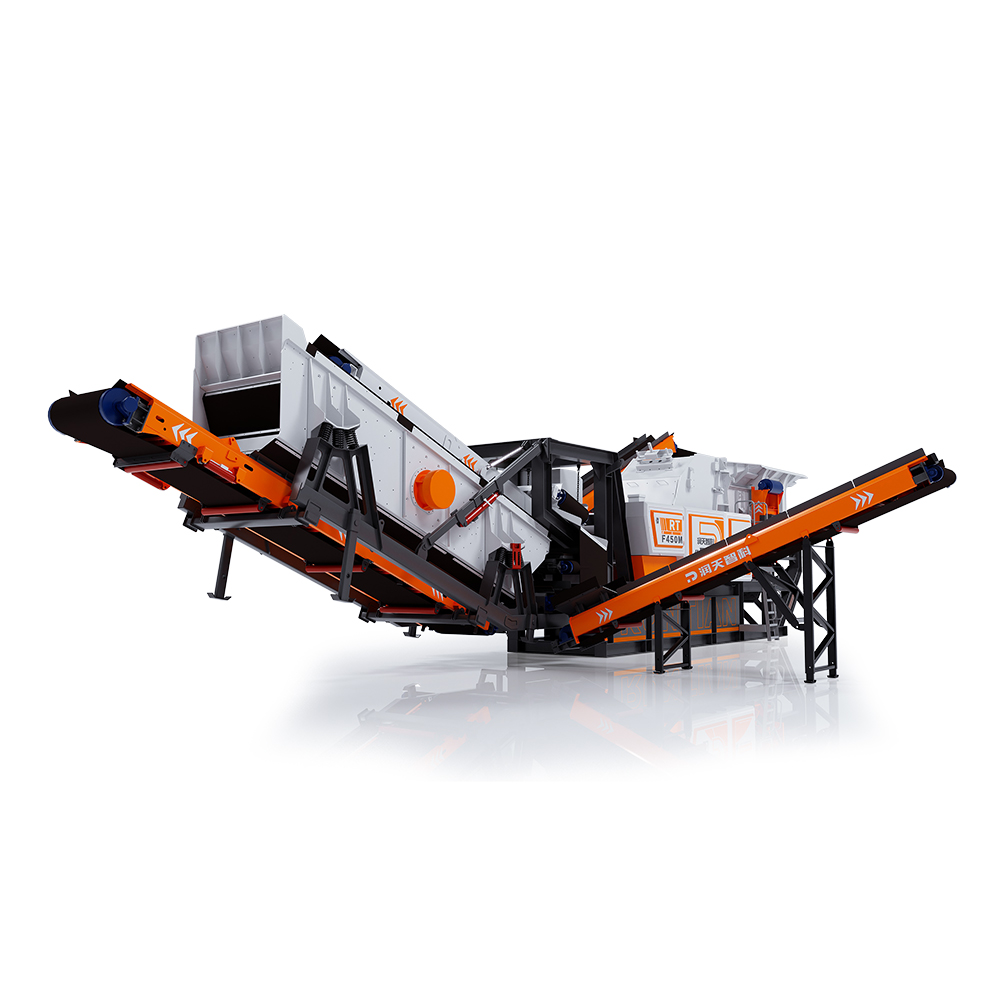 RTF450M Modular Impact Crushing Plant
RTF450M Modular Impact Crushing Plant
 Construction Waste Resourceful Treatment Line
Construction Waste Resourceful Treatment Line
Performances
Video
News
Blog
Contact Us
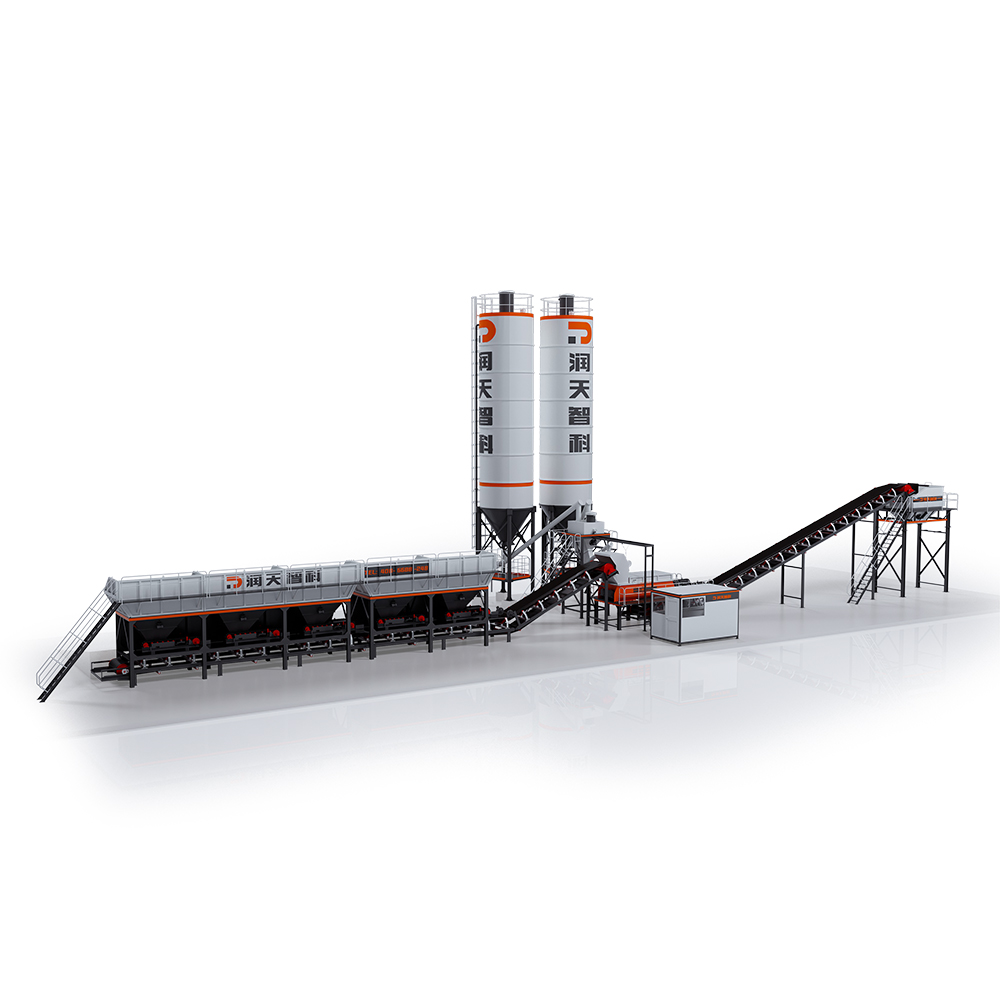 WDB Series Foundation-Free Stability Soil Mixing Plant
WDB Series Foundation-Free Stability Soil Mixing Plant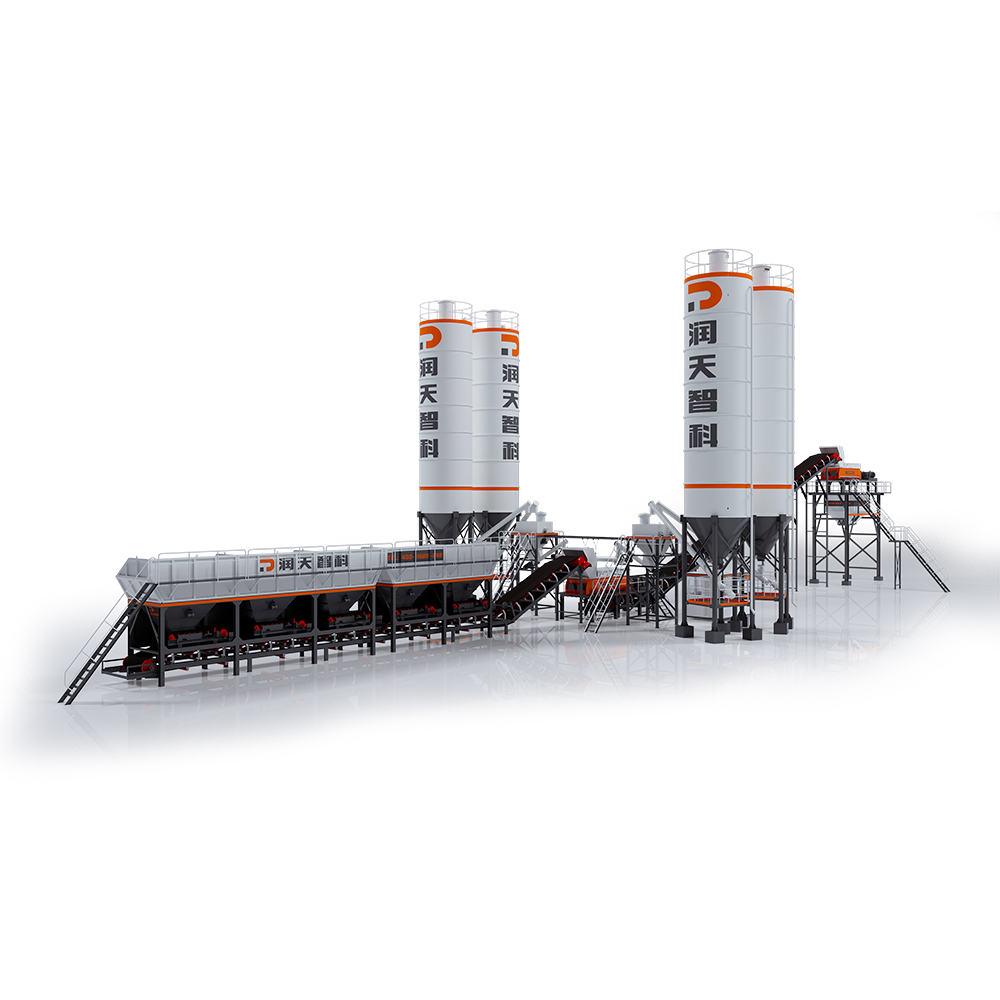 LCB Series Emulsified Asphalt Cold Regeneration Secondary Mixing Plant
LCB Series Emulsified Asphalt Cold Regeneration Secondary Mixing Plant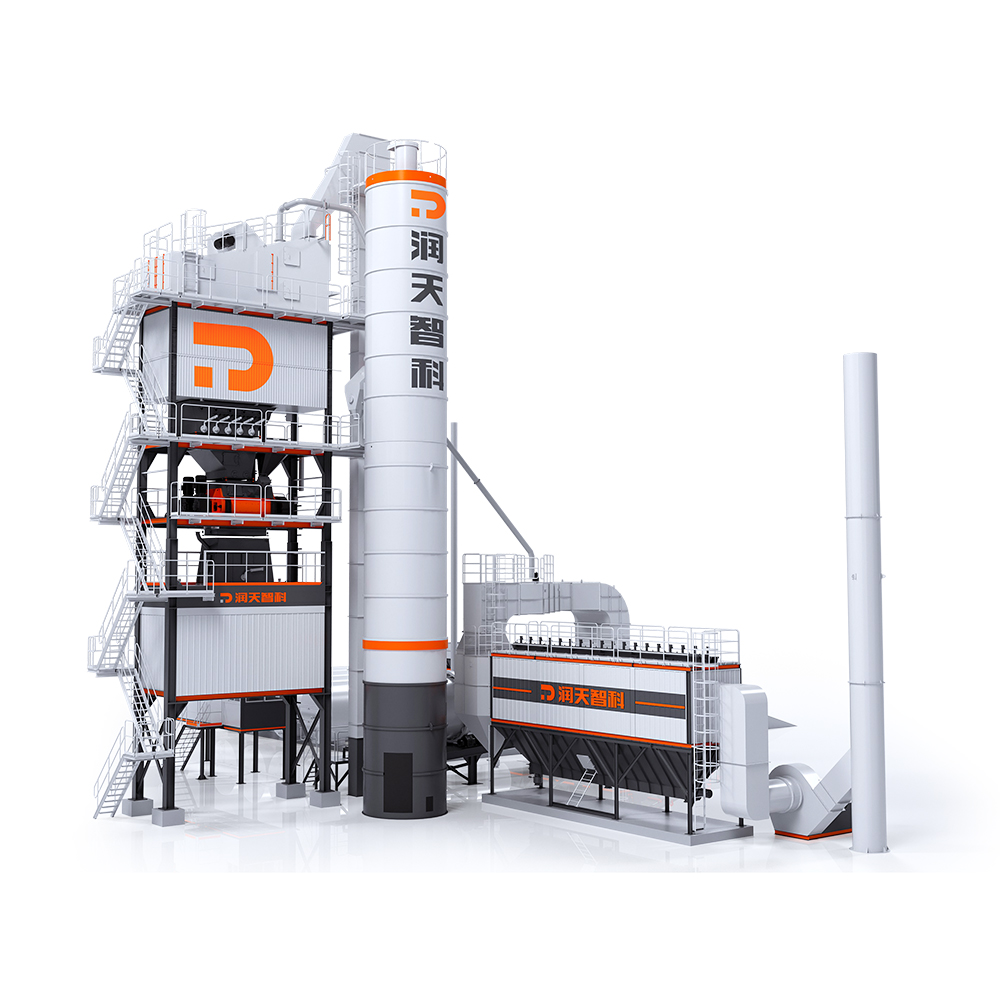 LB Series Asphalt Mixing Plant
LB Series Asphalt Mixing Plant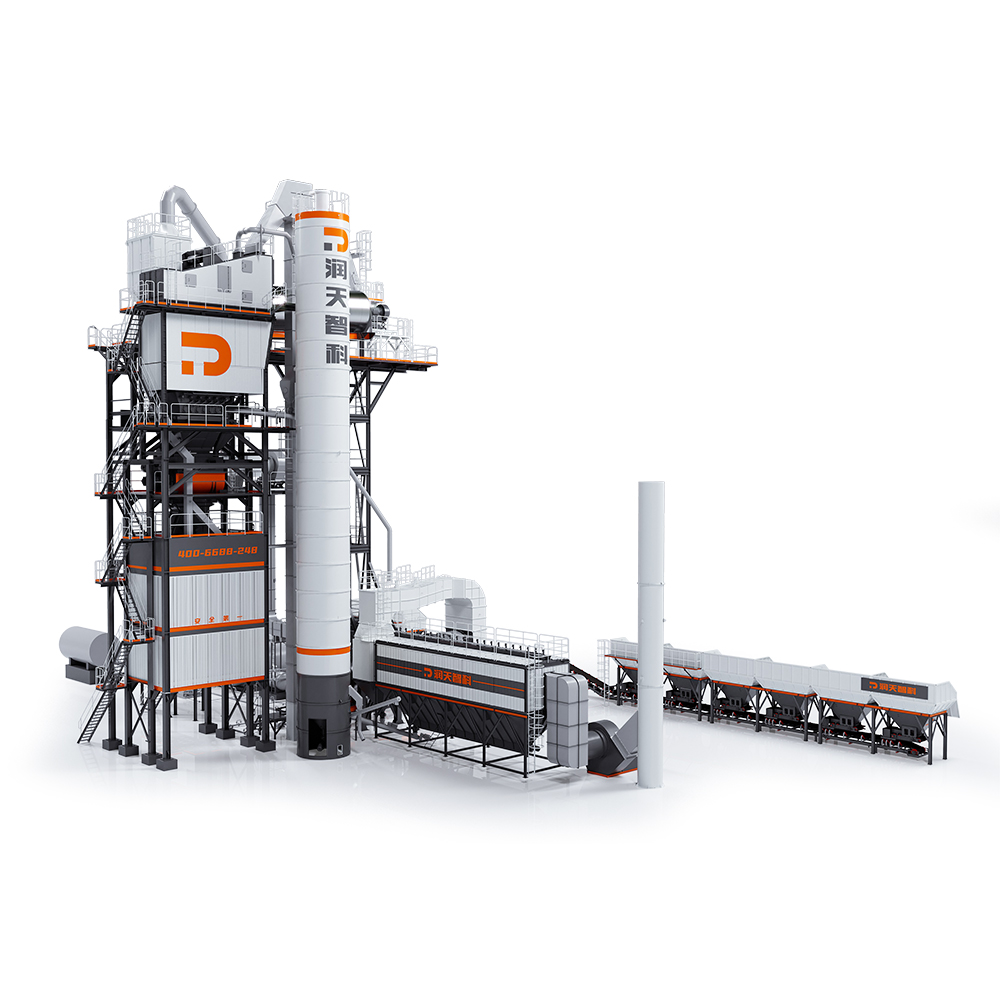 LBR Series Integrated Asphalt Mixing Plant
LBR Series Integrated Asphalt Mixing Plant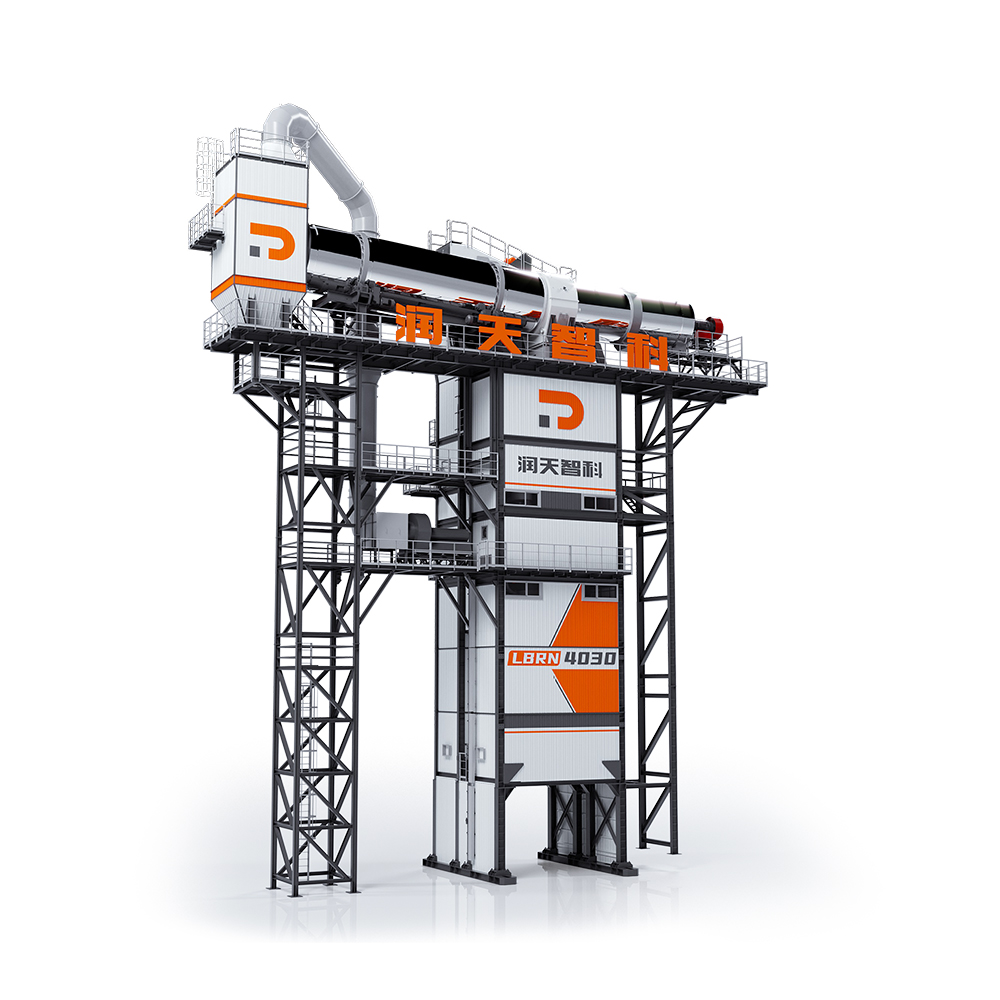 LBRN Series Counterflow Integral Asphalt Mixing Plant
LBRN Series Counterflow Integral Asphalt Mixing Plant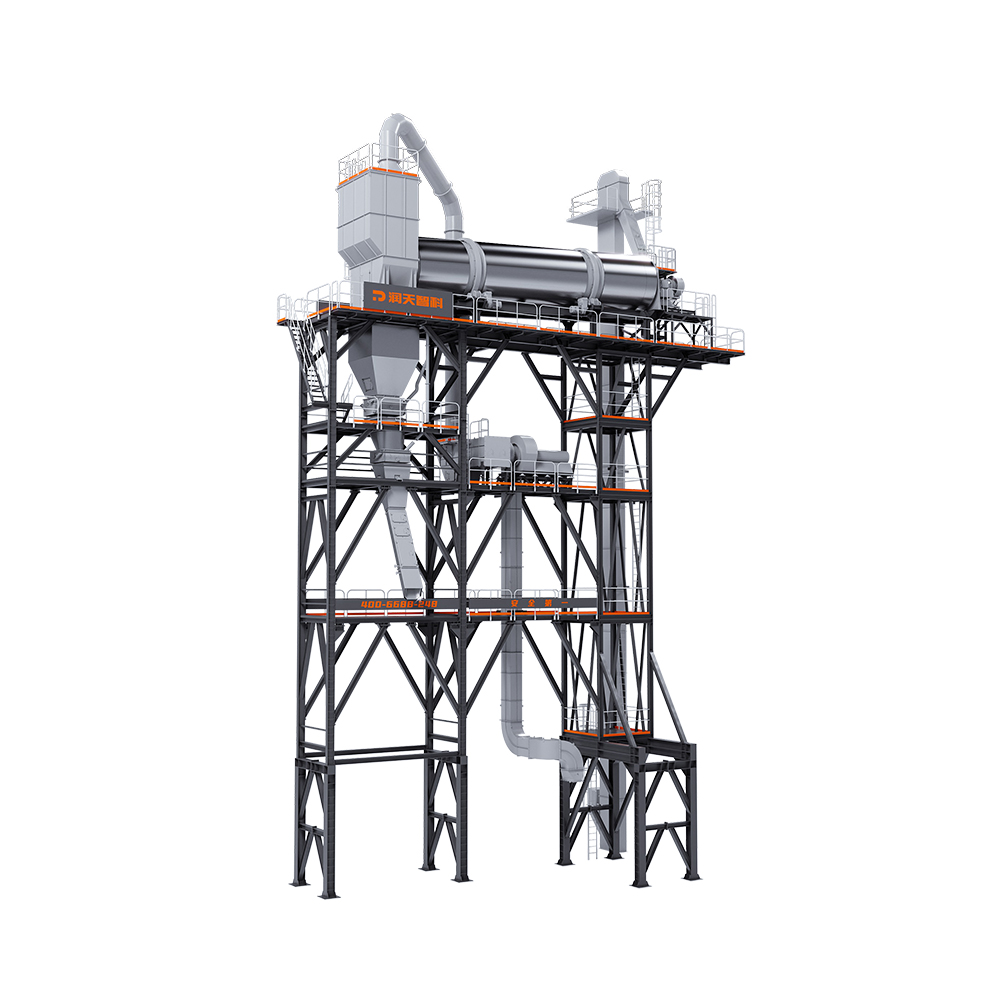 RZS Series Asphalt Mixing Plant
RZS Series Asphalt Mixing Plant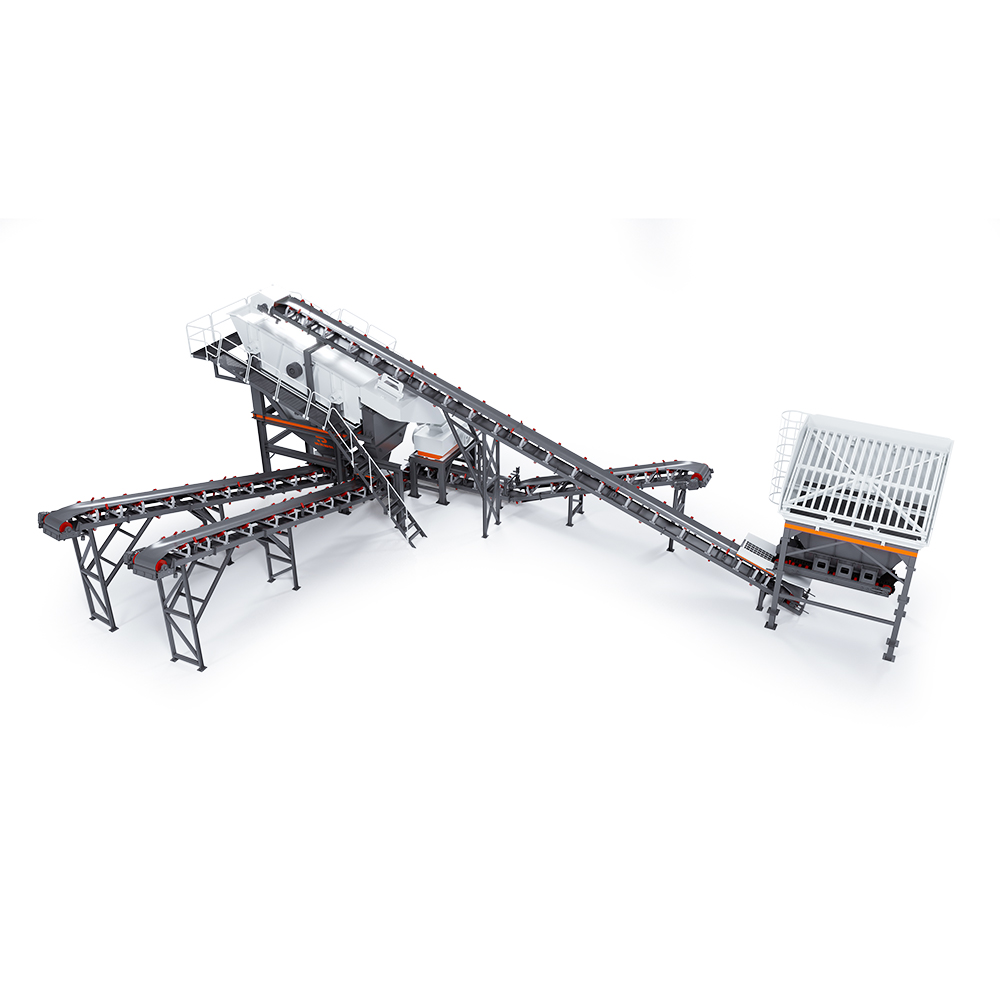 RTZS120 Series RAP Crushing & Screening Plant
RTZS120 Series RAP Crushing & Screening Plant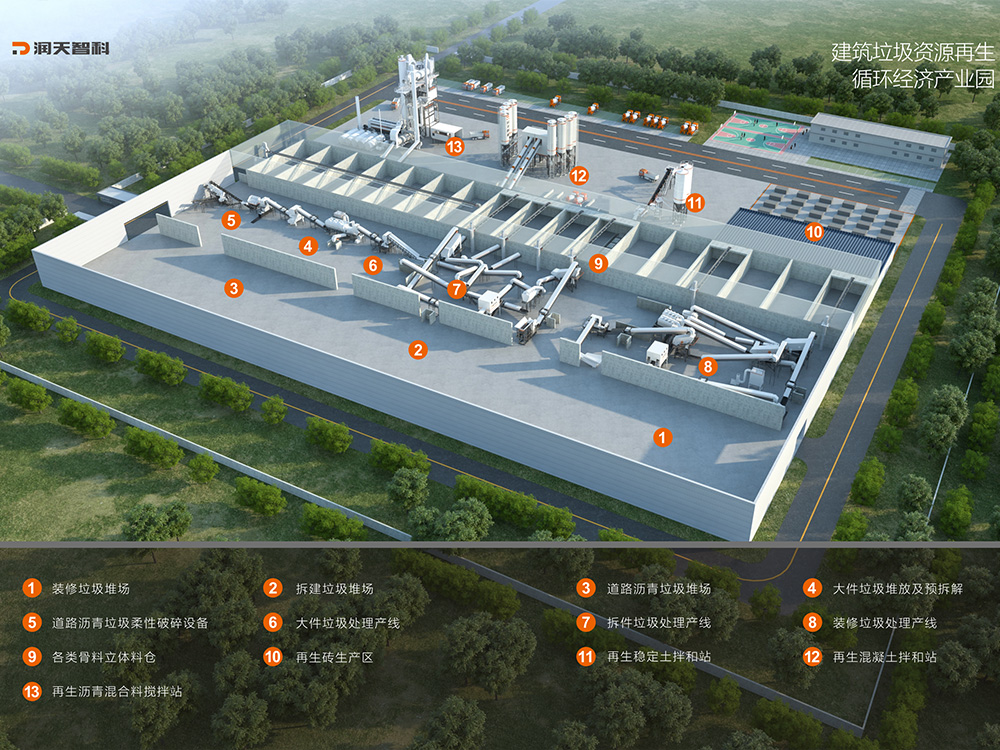 Construction Waste Resourceful Treatment Line
Construction Waste Resourceful Treatment Line




